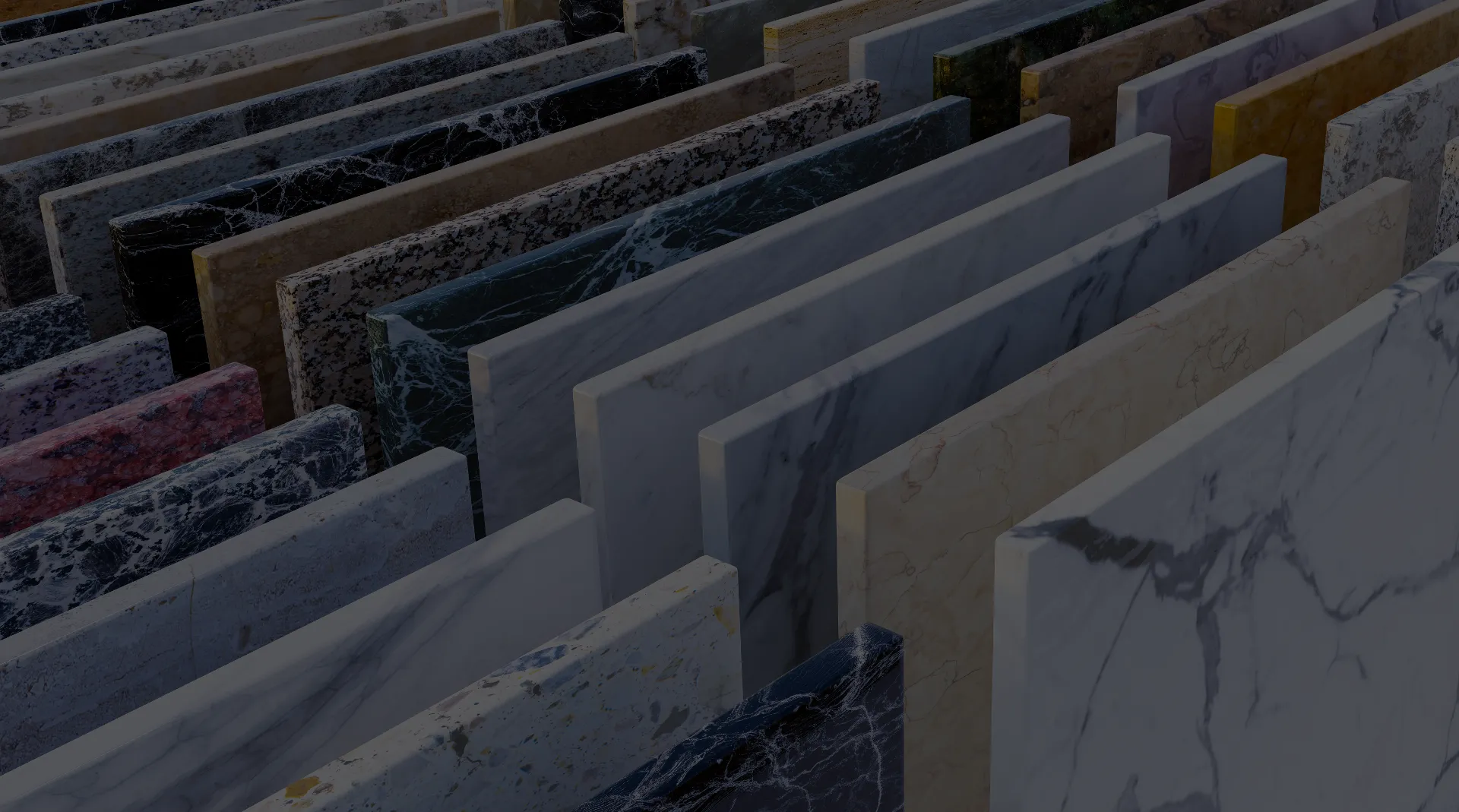.jpg)
When purchasing new countertops for your kitchen or bathroom, durability and maintenance are often top priorities. Quartz countertops, known for their beauty and durability, are popular among homeowners. But a common question arises: Do quartz countertops need to be sealed? Below, we explore the answer to this question, discuss what happens if your quartz countertops are not sealed, and provide tips on protecting your beautiful quartz countertops.
Quartz countertops are man-made. They are engineered from natural quartz crystals combined with resin binders, which make the surface non-porous. Unlike natural stone counterparts such as granite or marble countertops, quartz does not require sealing at any point in its life. The manufacturing process of quartz countertops makes them stain-resistant and virtually impervious to bacteria, eliminating the need for periodic sealing.
Since quartz countertops are already non-porous, sealing them is unnecessary and potentially harmful. Applying a sealant to quartz can lead to a buildup of the coating, which can attract dirt and grime, thereby making the countertop appear dull and unclean over time and ultimately causing more harm than good. Moreover, the natural stain resistance of quartz means it inherently repels liquids like wine, coffee, and oil, so the absence of a sealant does not pose a risk to its appearance or functionality.
Despite their inherent non-porous nature, sealing quartz countertops can lead to several unintended consequences. Here's what might happen if you apply sealant to quartz countertops:
Ultimately, sealing quartz countertops is generally advised against by manufacturers and professionals due to the sturdy, maintenance-friendly nature of the material. It's best to follow the guidelines provided by the quartz manufacturer to maintain the longevity and aesthetics of the countertops without unnecessary interventions.
Although quartz counters do not need to be sealed, maintaining their stunning appearance is still important. Here are some care tips for keeping your quartz countertops looking their best without a permanent seal.
Use a soft cloth with mild dish soap and water to clean the surface. A damp towel with warm water alone is usually sufficient to remove most spills and residues. Always avoid harsh chemicals or abrasive solutions and cleaners that contain bleach, as these can damage the surface. Daily cleaning can prevent deep-set stains on all countertops, which is especially important with a white quartz countertop, where they are more noticeable.
Even though quartz is stain-resistant, it's best to clean spills immediately—especially from liquids like coffee, wine, and oil. Quick action prevents even the slightest discoloration from otherwise tough stains.
Unlike natural stone countertops, which are susceptible to damage when unsealed, quartz has a non-porous surface, allowing it to repel scratches and stains. However, it's still a good practice to use cutting boards to prevent any potential markings from sharp objects.
Protect your quartz countertops from extreme heat by using trivets or hot pads under pots and pans. Direct exposure to high temperatures from hot pans, deep fryers, and other common household items can cause potential damage to the surface.
Although minimal, there is still a chance of ring marks from glasses or mugs. Using coasters can help avoid these marks.
Proper care will keep your prized quartz countertops sparkling for years to come.
Quartz countertops offer a hassle-free solution with their no-sealant-needed feature, combined with high durability and a range of aesthetic choices. By following simple maintenance tips, you can ensure that your quartz countertops remain a centerpiece in your home for many years.
Whether you are remodeling or selecting surfaces for a new home, quartz countertops are a superb choice for a worry-free, beautiful kitchen or bathroom.
Fox Granite will help you find the perfect countertop for your home. Contact our premier countertop installer today for a free estimate on the beautiful, low-maintenance countertop of your dreams, or schedule a repair.
